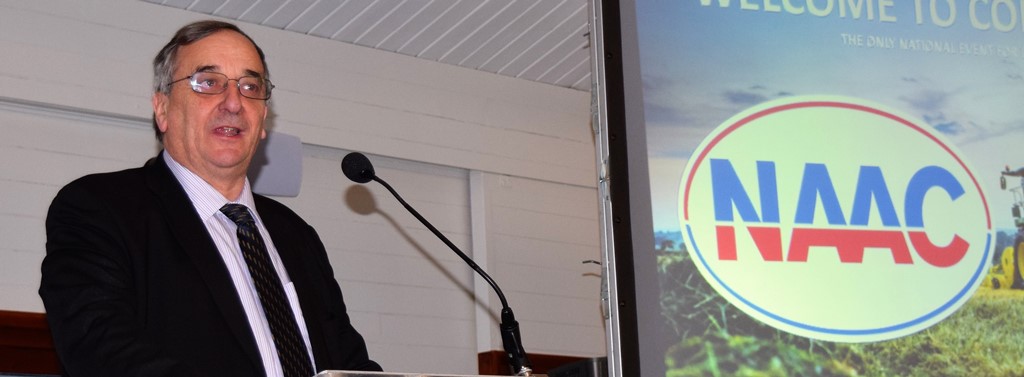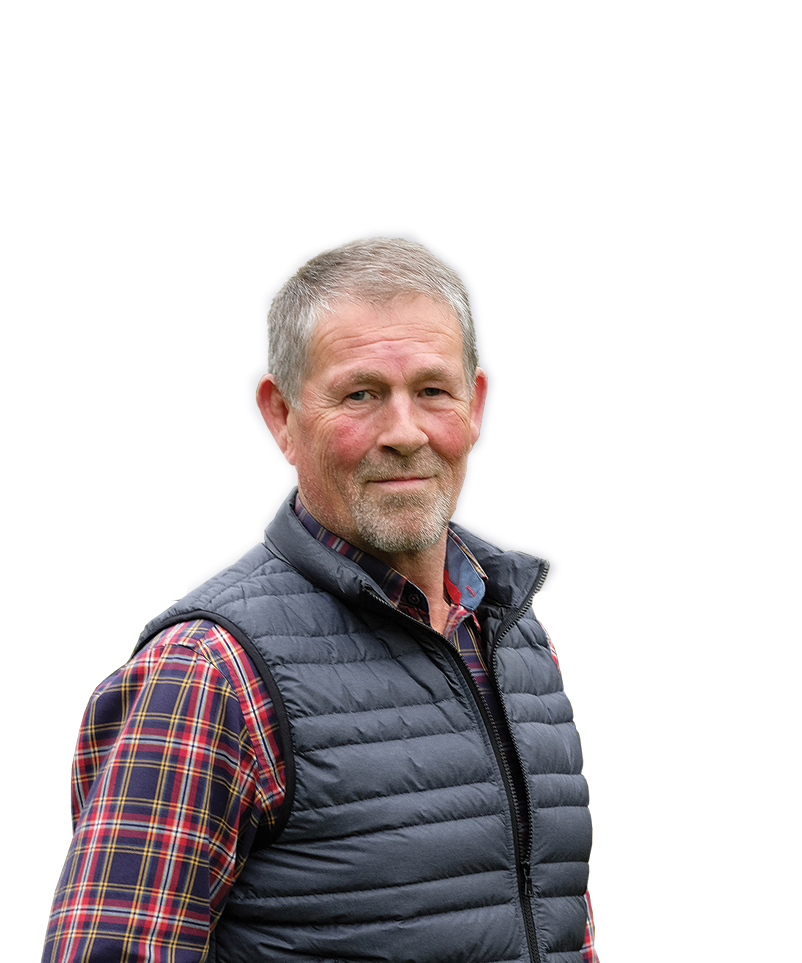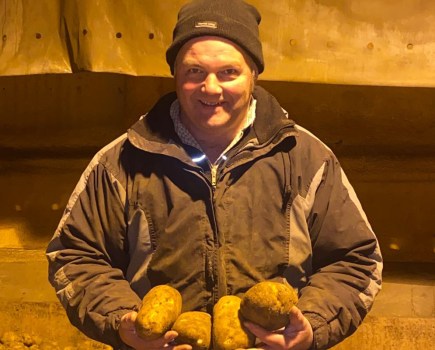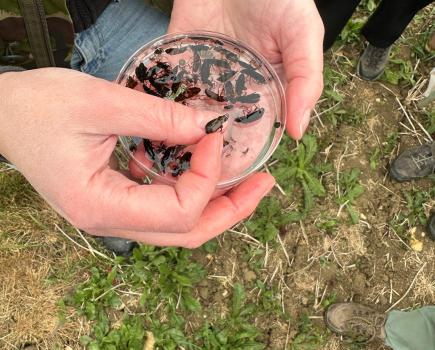The last major national event of 2017 in the farming sector was the NAAC Conference at Peterborough’s East of England Showground. It was, not surprisingly, well attended and provided members of the National Association of Agricultural Contractors with some valued views on how UK agriculture should be gearing up to face the challenges likely to lie ahead, post-Brexit.
In a nutshell, attendees were told that those of them who were thinking of continuing to invest in specialist labour and machinery should be rewarded. This view is based on the belief, widely expressed, that farmers will become increasingly reliant on contractors in the future. Why, then should this be the case?
Well, to start with, the NAAC estimates that 91% per cent of farmers in the UK already engage the services of contractors in a variety of roles and that it’s now clear the industry’s preparations for life after Brexit have begun. No market likes uncertainty, so those farming businesses still harbouring plans for high levels of capital investment will be few and far between.
This, the argument goes, is where contractors come in. With their technical expertise, specialist knowledge and their combined labour and machinery resources, their services are likely to be in demand. In addition, if the industry as a whole becomes more cautious, contractors will be perceived by the machinery manufacturers as being the market for their products and the costs of replacement machines could become a good deal more competitive.
It follows that managing costs is likely to become an even greater factor in businesses post-Brexit. The conference heard from Jeremy Moody, secretary and advisor to the Central Association of Agricultural Valuers (CAAV), who was keen to encourage this resourceful sector to take advantage of the opportunities that Brexit may reveal.
Contractors are already well accustomed to running their businesses without the support of Government, he stated, suggesting that this resourcefulness will be rewarded as farmers look for cost-effective alternatives to labour shortages and the need to curtail capital investment.

Farmers will turn increasingly to contractors as sources of staff and machinery, predicts Meurig Raymond, but contractors have concerns over finding the skilled labour to operate the kit.
NFU president Meurig Raymond took a similar view: “The use of contractors by farmers has increased and changed,” he told the conference. “As the cost of new machinery has increased, farmers are questioning whether they should tie up large amounts of capital in machines – which they may not have easy access to. It is likely that they will turn increasingly to contractors as sources of staff and machinery.”
It isn’t, however, quite as straightforward as that. While seemingly highlighting the positive forward strides that the industry has the opportunity to take, it was clear from a show of hands by the conference audience that contractors, like farmers, are equally concerned over their ability to source the calibre of skilled labour required to sustain their businesses.
It’s all very well being able to provide and maintain a modern machinery fleet to deliver consistent, reliable and timely service to farmer customers, but if sufficient numbers of skilled staff are not available to operate it, what’s the point? Clearly, the industry needs to be in a position to offer a career structure that appeals to a greater number and wider spectrum of new entrants, whether they be school/college leavers or recruited from other sectors.
The time may well come, of course, when a fair percentage of contracting tasks can be completed without the assistance of an operator. Already, we have the benefits of telematic technologies that allow remote monitoring and adjustment of most machine functions, but their use is still some distance away from being commonplace.
While these big picture, post-Brexit issues dominated the morning’s programme at Peterborough, the post-lunch line-up had a distinctly more practical air to it. After learning how to tell whether their vehicles are fit for purpose, the conference was drawn to a seminar presented by Dan Cox, of Avon and Somerset police, in which advice on how to stay road legal was offered.
Event sponsors John Deere concentrated on providing a range of business management ideas, leaving Andy Scarlett, of Scarlett Research, to wind up the formal proceedings by addressing the questions ‘Tractors and Transport: where now and where next?’ Where indeed?
David Jones has been writing about farm machinery for the past 15 years. Now based near Much Wenlock, Shrops. david@cpm-magazine.co.uk




